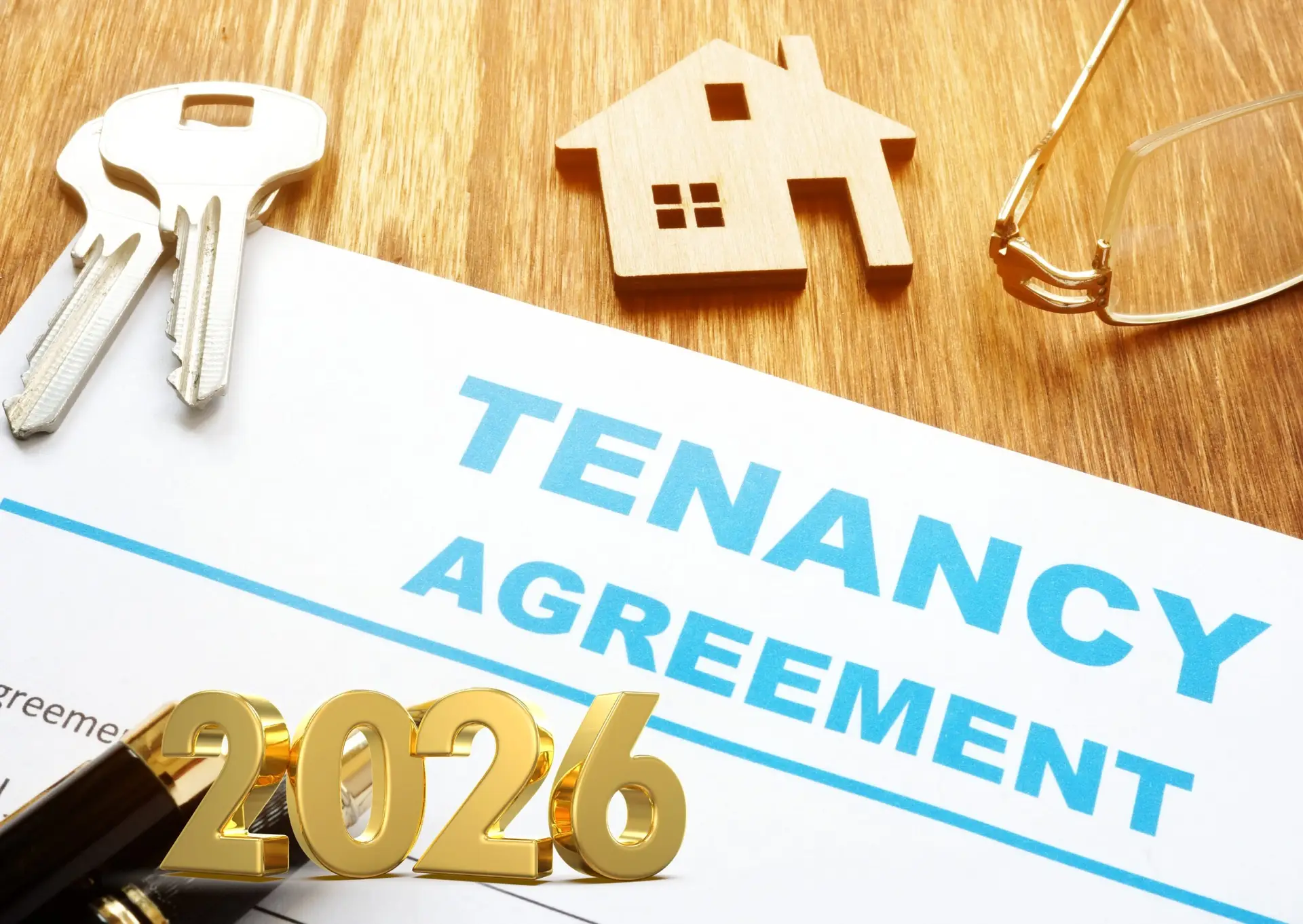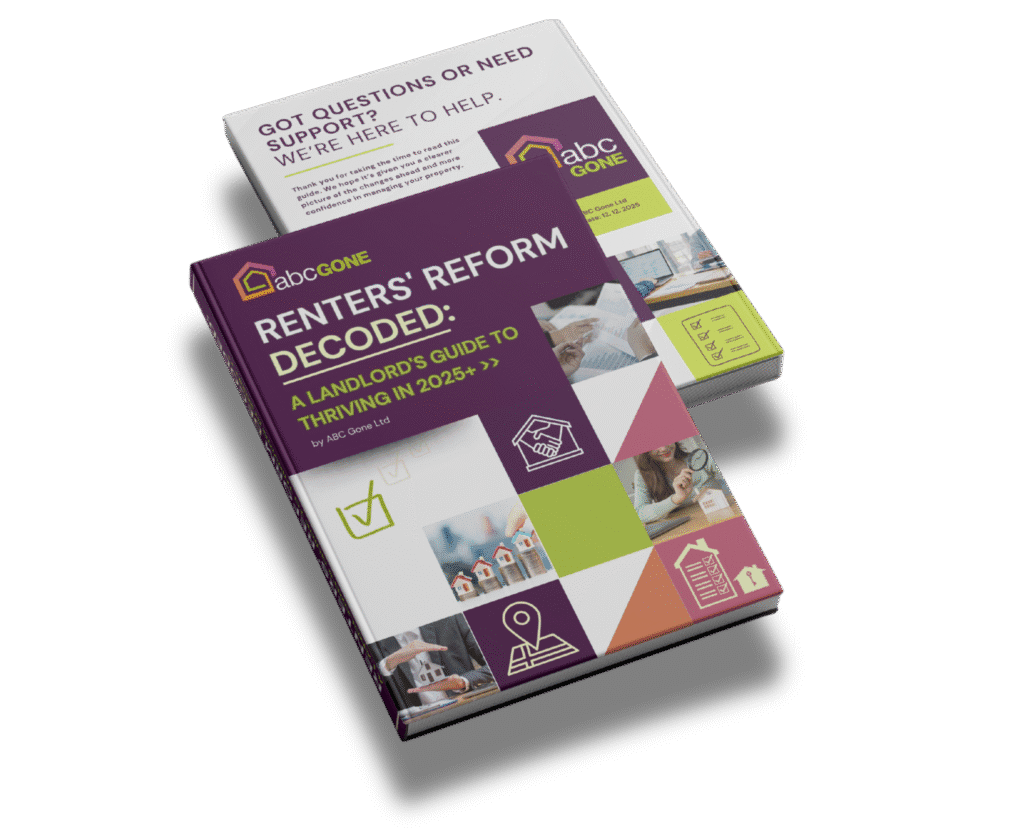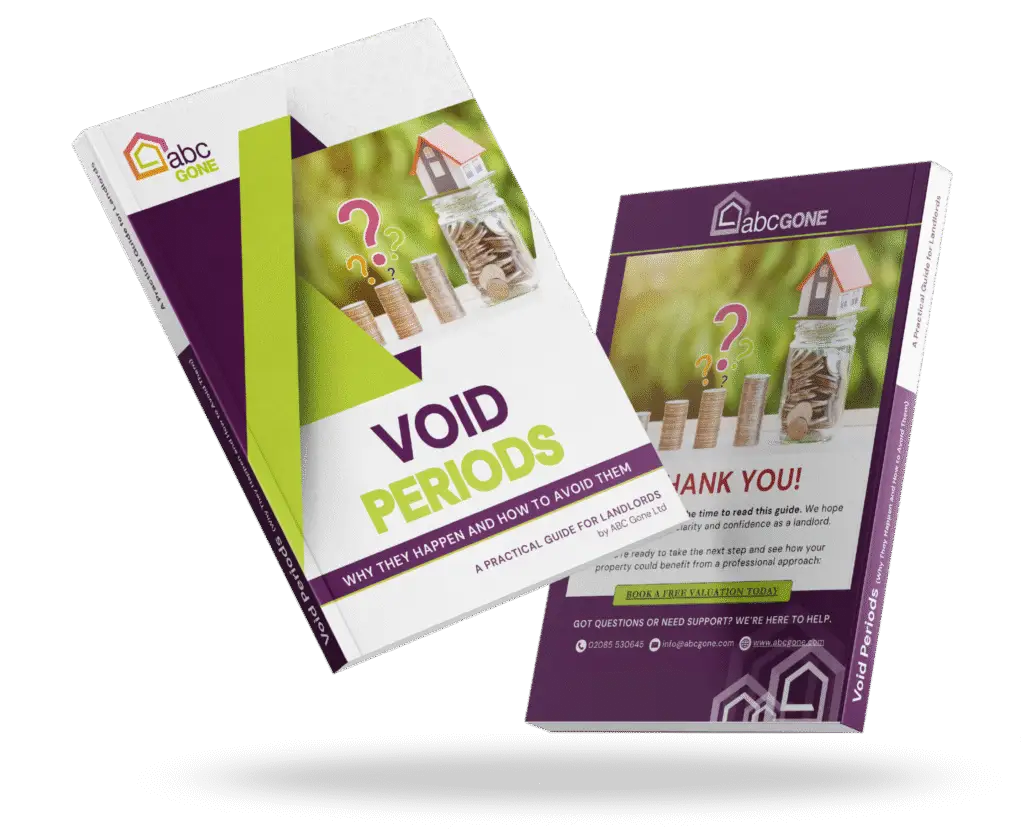From ensuring the gas and electricity in your property are safe to checking whether your tenants have the right to rent in the UK, landlords must meet several key obligations.
You are required by law to fulfil these landlord obligations to your tenants before renting out property in England. Fail to do so, and you risk a hefty fine, criminal record and being unable to be a landlord in future. You may also face difficulties evicting a tenant, even if they fail to pay their rent.
If you’re new to renting out property in Romford, Hornchurch, Dagenham, Rainham, Upminster or Harold Wood, we look at 16 crucial things you must action before your tenants sign their assured shorthold tenancy agreement:
- Gas safety inspection – Arrange an inspection of all gas equipment in the property, including boilers and appliances by a Gas Safe registered engineer and supply a copy of the certificate to your tenant. You need to do this before they move in and annually.
- Electrical checks – Organise a check of all electrical equipment and installations, including lighting, sockets, fuse boxes and any wired-in appliances, to ensure they are safe and properly installed. You must organise an electrical installation inspection report by a competent person before your tenant moves in and every five years.
- Get an EPC – Before you rent out the property, you must organise an Energy Performance Certificate (EPC) inspection, which will rate the energy efficiency of the property on a scale of A to G. Rental properties currently need to achieve an E rating.
- Deposit protection – If your tenant gives you a security deposit, you must protect it in a government-backed official scheme. This means the money is protected until the tenant vacates the property when an independent adjudicator decides if you can claim any damages.
- Right to rent – Landlords in England must ensure their tenants have the right to rent property. This means carrying out certain document checks. You can delegate the checks to a letting agent, but you must ensure they happen.
- How to rent guide – You must give your tenant a copy of the government’s How to rent checklist before they live there. You can give them a hard copy or email it across.
- Fire safety checks – As a landlord, fire safety is one of your key obligations. You must fit working smoke alarms on every property storey with living accommodation. You must replace them immediately if faulty.
- Carbon monoxide safety – You must also fit carbon monoxide detectors in rooms with combustible appliances – gas boilers, gas fires, log burners, open fires, and oil-fuelled appliances.
- Block of flats regulations – If your rental property is in a block, you should follow the specific fire regulations for purpose-built block of flats or for houses and property adapted into flats.
- Check the tax rules – You must pay tax on your rental income, and submit a tax return, so you should register with HMRC for self-assessment.
- Check in with your mortgage lender – Before you even think about renting out a property, you must check with your mortgage lender. They may require you to move from a residential to a buy-to-let mortgage.
- Take a look at insurance – You must also check with your insurer, who may require you to take out a specific landlord insurance policy.
- Health and safety regulations – The property must be safe, secure and free from hazards. Your local council may need to inspect your property under the Housing Health and Safety Rating System (HHSRS) either because your tenants have asked for an inspection or the council believes your home may contain hazards.
- Follow the licensing rules – If your property is a large HMO – i.e. you rent it to five or more unrelated households – you must obtain a mandatory licence. Even if you rent out a smaller HMO or to an individual tenant, you should check whether your local authority operates a selective or additional licensing scheme that applies to you. You will find details on your council website.
- Produce a comprehensive inventory – This should include everything on the property, including appliances, fixtures, and fittings and their condition. You and your tenant must sign it. When your tenant leaves the property, you will need this to check for any damage or missing items.
- Maintenance – You must maintain the property well, carrying out repairs. You are responsible for the structure of the property, all sanitaryware, the heating and electrical systems and any appliances you supply. You can enter the property to carry out repairs but must give your tenants at least 24 hours written notice and get their permission.
If you’re new to renting out property in Southend on Sea, Basildon, Thurrock, Colchester, Chelmsford, Harlow and Essex – or you’re thinking of becoming a buy-to-let landlord, we’d be happy to help you with these and many of y





